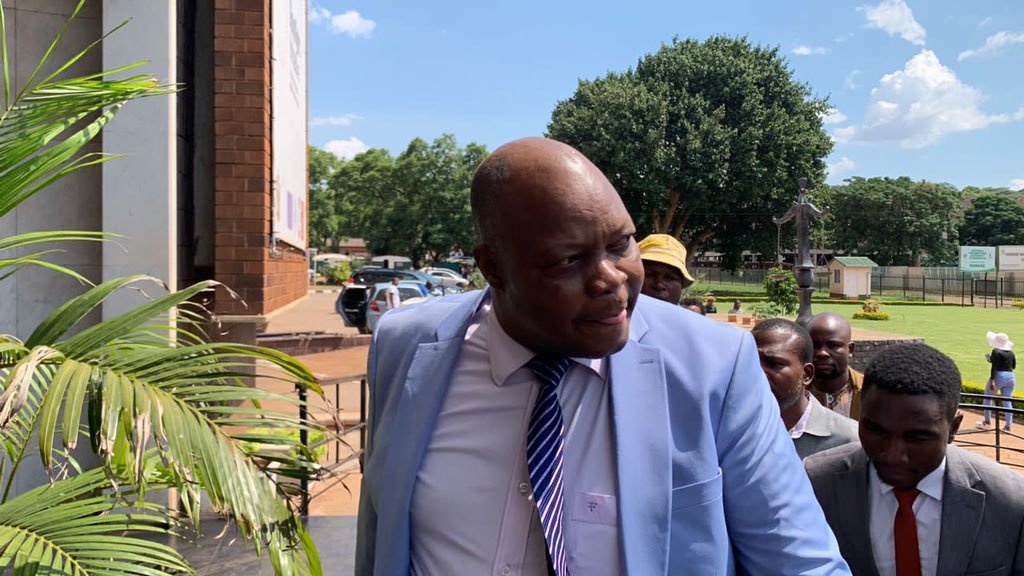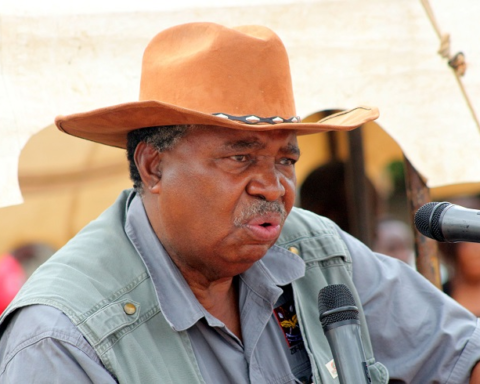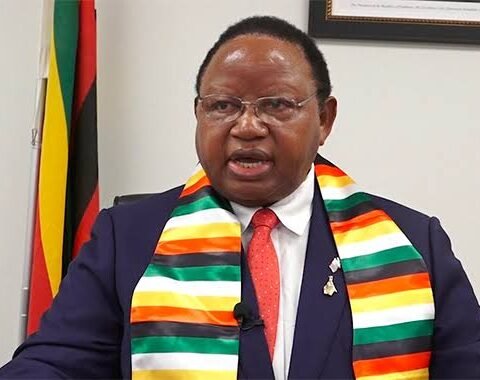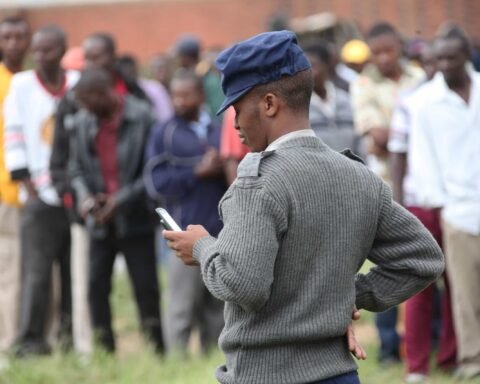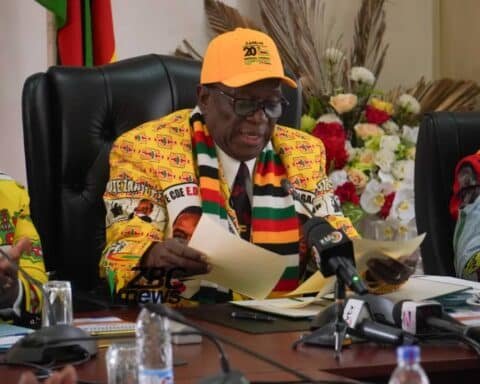In a striking development that has rippled through the political landscape of Zimbabwe, opposition politician Job Sikhala has been convicted on charges of communicating falsehoods, marking his second legal defeat in just two weeks. This latest verdict comes shortly after Sikhala’s release from an extended period of incarceration, highlighting ongoing tensions between government authorities and opposition figures.
Job Sikhala, a prominent voice in the opposition camp, found himself in legal turmoil once again when a magistrate court, led by Magistrate Feresi Chakanyuka, determined he had spread false information via social media. According to the prosecution, Sikhala posted claims that a police officer had fatally struck a baby with a baton stick during the enforcement of road regulations. The magistrate ruled that the evidence, which included Sikhala’s name and face on the Facebook page in question, and the content’s alignment with his known political rhetoric, sufficiently established his guilt.
“The Facebook page contains the accused’s name and face. The utterances align with the accused’s political rhetoric… Therefore, the accused is found guilty of communicating falsehoods,” Magistrate Chakanyuka stated, underscoring the decision.
This conviction follows a recent case where Sikhala was found guilty of inciting violence in response to the death of Moreblessing Ali, a slain opposition activist. Despite the serious nature of the charges, he received a wholly suspended two-year jail sentence, narrowly avoiding imprisonment. Prior to these legal battles, Sikhala endured 595 days in solitary confinement at Chikurubi Maximum Prison, following his arrest in June 2022.
The court’s decision to convict on the basis of communicated falsehoods has sparked debate on the freedom of speech and political expression in Zimbabwe, especially in the context of opposition activities. Critics argue that such legal actions may further strain the already tense relationship between the government and opposition entities, potentially stifling dissent and critical voices.
Sikhala is scheduled to return to court on February 16 for sentencing, as observers from both local and international communities await the outcome with bated breath. This case not only highlights the challenges faced by opposition figures in Zimbabwe but also raises significant questions about the balance between state authority and individual rights in the country’s evolving political landscape.
